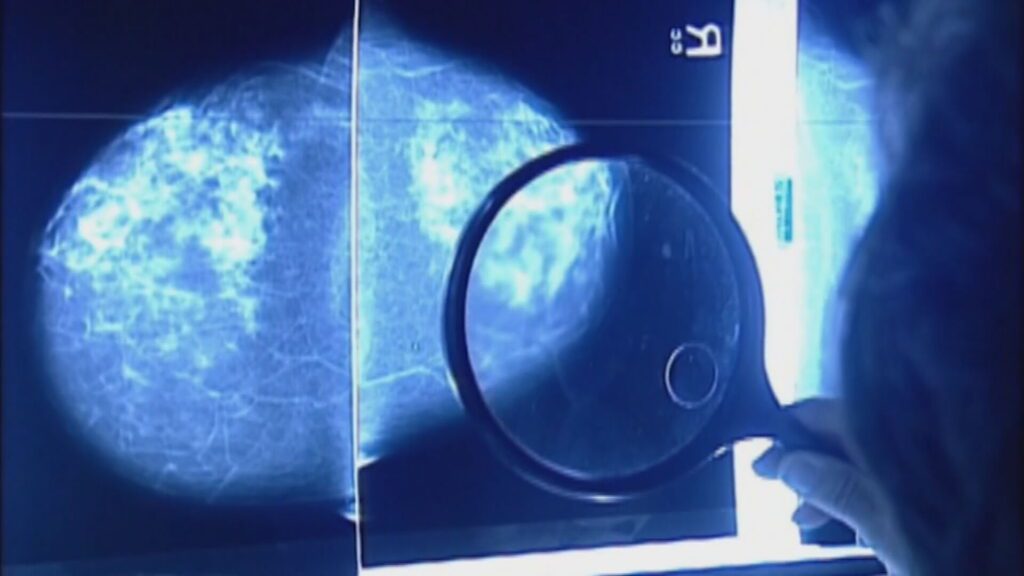As October highlights Breast Cancer Awareness Month, Dr. Stacy Chronister with OSU Medicine says prevention begins with understanding which risks can and can’t be controlled.
“You can’t impact your genetics,” Chronister said. “You are born with certain genetics for maybe getting breast cancer.”
Non-modifiable risks include:
- Family history or genetic predisposition
- Age
- Past reproductive history, such as not having children or breastfeeding
Chronister said knowing those risks can help guide screening decisions, especially for women with a strong family history.
Maintaining a Healthy Weight
One of the most effective ways to reduce breast cancer risk is maintaining a healthy weight. Chronister said obesity can significantly increase risk, and even small changes matter.
She noted that losing as little as five pounds can lower risk by about 10%, while a 20-pound loss could cut risk by nearly 50%.
Importance of Exercise
Physical activity plays a major role in prevention. Chronister said the same amount of exercise that benefits heart health also supports breast health.
Recommended weekly activity:
- 150 minutes of moderate exercise, such as brisk walking
- 75 minutes of vigorous activity like running or weight training
“All age women” can benefit, Chronister said, encouraging consistent movement that elevates heart rate.
Nutrition and Diet
Diet is another key factor in lowering breast cancer risk. Chronister recommends focusing on whole foods and limiting processed products.
Chronister noted the Mediterranean diet, rich in vegetables, fruits, lean proteins and healthy fats, has been shown to reduce the risk of several cancers.
A general rule of thumb: choose fresh over packaged foods and stay intentional about eating habits.
Alcohol and Smoking
Chronister said alcohol plays a larger role in breast cancer risk than many realize.
“One in 10 breast cancers right now can be attributed to alcohol intake,” she said.
Risk increases with regular or heavy consumption, especially after menopause. Chronister advises avoiding more than three drinks a day and steering clear of binge drinking.
Smoking also increases breast cancer risk. Quitting can lower that risk to the level of a non-smoker within a few years. For those already diagnosed, stopping can improve remission rates.
Regular Screenings and Awareness
Chronister urges women to be familiar with their own breast tissue and schedule regular checkups.
“Get familiar with your own breast,” she said. “A lot of women notice their own breast tissue changing first.”
She said self-awareness combined with medical screenings is the best approach to early detection and long-term prevention.

